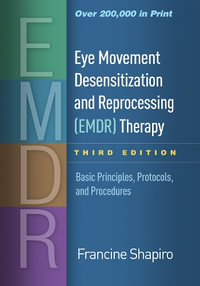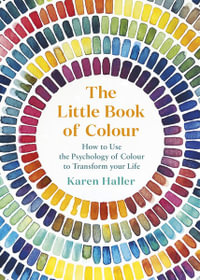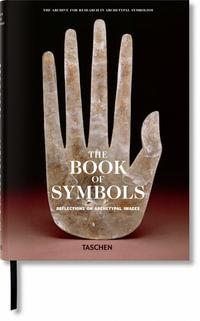This book puts psychological trauma at its centre. Using psychoanalysis, it assesses what was lost, how it was lost and how the loss is compulsively repeated over generations. There is a conceptualization of this trauma as circular. Such a situation makes it stubbornly persistent. It is suggested that central to the system of slavery was the separa
Industry Reviews
"Smith, a psychoanalytic psychotherapist extends the idea that she put forth in Mental Slavery (2000) that internalized psychological damage from the trauma of slavery that persists today can be healed through resolution of the Oedipal complex. In case examples of Africans of Caribbean background in Britain, she discusses slavery's impact on family structure and relationships - for men in particular, and increasing violence among young people. She concludes that this legacy can be transcended by dealing with it openly and taking responsibility for how we treat ourselves and others."-- (04/01/2012)
"Transcending the Legacies of Slavery is a welcome follow-up to Barbara Fletchman Smith's earlier volume Mental Slavery, /i> and is essential reading for both the professional and lay populations within Britain's multi-cultural society. The power of this book is that it is accessible to all. The case histories, which bring the book to life, reminded me of parents of a mixed-race child: the mother persistently blocks the father's access; the father persistently battles (often in the courts) to see his son. Barbara's book might have saved the three of them much agony."--Wendy R. Postans
"Barbara Fletchman Smith's Transcending the Legacies of Slavery is a true gift to African Caribbean people. It confronts people from this background with some painful truths about slavery and its continued psychological and emotional impact on their lives. It is in essence about the purposeful destruction of the black family during slavery and how this unacknowledged trauma has continued to affect relations between African Caribbean men and women, fathers and mothers, and parents and children. This book should be read now, not tomorrow, by all who are of African Caribbean descent, especially those who are involved in raising the next generation of African Caribbean and mixed race children."--Frank Lowe, Consultant Social Worker and Psychotherapist
"Slavery! The word strikes home-and so does this book. Fletchman Smith continues what she started in Mental Slavery-to show in heart-aching, unavoidable clinical detail how what could remain impersonal sociology or history lives on traumatically in her patients. She explains, but neither blames nor facilely exonerates. What she has to say about men and masculinity won't please everyone, but needs to be heard. And as I read, I realized I was reading the psychological history of the West itself, founded on the labour of the slaves. In the author's hands, theories of trauma become more than psychology - they illumine the political as well. Truly, a must-read for psychotherapists and counsellors of all heritages and traditions."--Professor Andrew Samuels, Centre for Psychoanalytic Studies
























